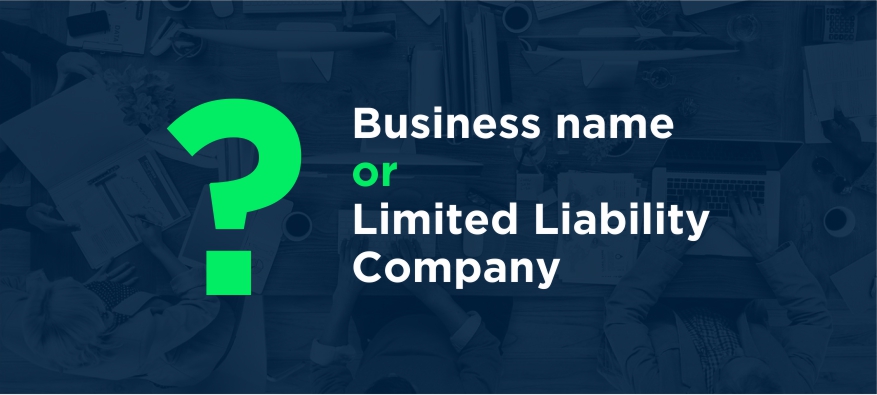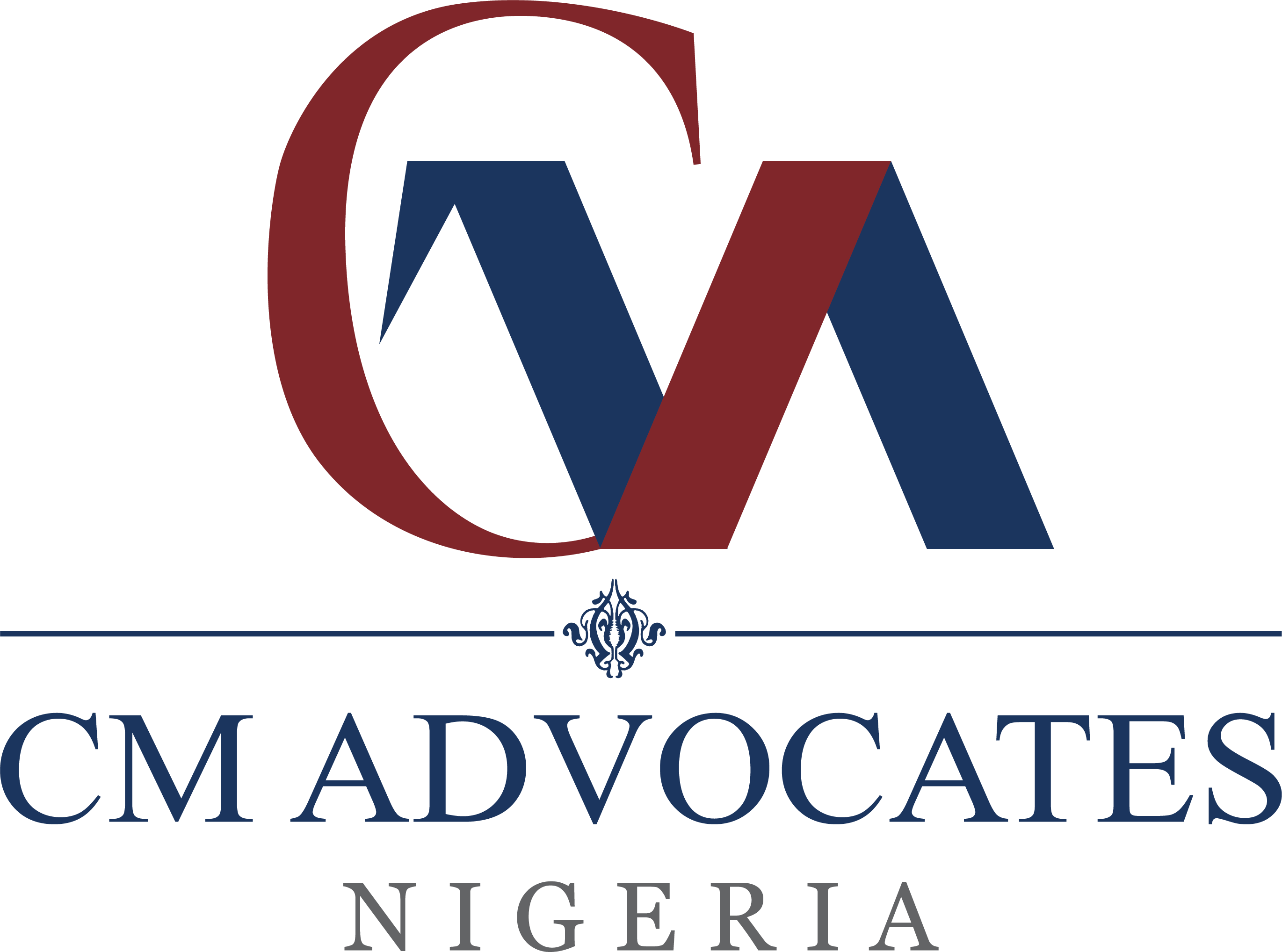Private Limited Liability Company vs. Registered Business Name

A lot of aspiring and existing business owners often struggle to appreciate the difference between a registered company and a registered business name. This no doubt affects their ability to decide which form of business to register at commencement.
Logically, the most appropriate choice of business should be determined by or tailored towards the peculiar business needs of the founders/sponsors of the business, the cost-effective structure for the business operations and regulatory compliance, and the projections that best fit the business.
Consequently, we have set out below some of the major differences between both business structures for ease of consideration/evaluation by potential business starters.
PRIVATE LIMITED LIABILITY COMPANY (LLCs) |
REGISTERED BUSINESS NAME |
|
| 1. | It is a legal entity independent of its “owners”who are typically called “shareholders”. The implication of this distinction is that a company can contract, incur right and liabilities with its name independent of the shareholders and vice-versa. LLCs are registered under Part C of the Companies and Allied Matters Act, 2020 (CAMA). | In the eyes of the law, the business owner and the business name are one and the same, (albeit with different names) e.g. Mr. Johnson Abdul) and his business name (e.g. Abdul Johnson and Sons). As such, unlike a company, a business name does not possess a distinct legal person from its owner. In order words, a business owner is liable for every contract, incurred rights and liability of his business name. As the name implies, it simply means that the business owner has adopted a name with which it intends to carry on business. A common example is how individuals set up a WhatsApp business account or Instagram business account with any name of their choice to promote their businesses. A registered business name also known as an “Enterprise” is registered under Part B of CAMA. |
| 2. | Can be registered as a private company limited by shares, private company limited by guarantee and private company unlimited by shares. | Can be registered as a Sole Proprietorship or as Partnership. |
| 3. | The business can now be formed by one (1) or more shareholders. Under the old law, a minimum of two (2) persons was required. | The business can be formed by one person. Where it is formed by more than one person, it becomes a partnership in the eyes of the law. |
| 4. | It is more expensive to register and goes through more scrutiny than Business Name. Depending on the nature of business, certificate of specialization might be required. | It is easier, faster and cheaper to register. |
| 5. | The amount of capital required to start the business must not be less than N100,000.00 (s. 27(2)(a) CAMA 2020. | Less capital is required to initiate the business. |
| 6. | The Company, as a distinct legal person may be subject to payment of relevant taxes like Company Income Tax etc. In addition, it has a duty to remit the personal income taxes of its employees. | The business owner has no obligation to pay company income tax. He or she is only required to pay personal income tax in his or her state of residence. |
| 7. | It is most suitable for corporations, conglomerates etc. | It is most suitable for micro, small and medium scale businesses and professional businesses. |
| 8. | The profits are shared amongst the shareholders based on the amount of shares subscribed by each shareholder. | The sole proprietor takes full responsibility for all the profits or losses in the case of a sole proprietorship or by partners in the case of a partnership. |
| 9. | It has a separate personality i.e. It can sue and be sued on its own and in its own name | It does not have a separate legal personality. It trades in the name and style of the sole proprietor or partners as the case may be. It also sues and is sued in the name of the sole proprietor or partners. |
| 10. | To the extent that a company has a separate or distinct legal personality, the losses of the company cannot be extended to the shareholders or owner. | A business name has no separate or distinct legal personality. All risks and losses are borne by the business owner or owners in the case of a partnership. |
| 11. | It has perpetual succession and can continue to exist even after the death of its owners. | The business comes to an end upon the death of the sole proprietor. |
| 12. | Majority of the Directors and in some other cases, majority of the Shareholders must agree to make decisions. | Decision making process is easier and faster as the Sole Proprietor alone can make decisions. |
| 13. | Can raise funds through the issuance of more shares of the company to other members, from Creditors, by a debenture. Etc. | It must generate its funds from its owners. |
| 14. | Recommended for foreigners seeking to do business in Nigeria because only companies can operate with a share capital structure. A company with foreign shareholder must have a minimum share capital of N10,000,000.00 to do business in Nigeria. Also, only registered companies can enjoy other benefits such as grant of business permits, expatriates quotas, certificate of capital importation etc. | It is not suitable for foreigner seeking to do business in Nigeria due to the requirements of the law. |
| 15. | Requires a Memorandum and Articles of Association. | Does not require a Memorandum and Article of Association. |



